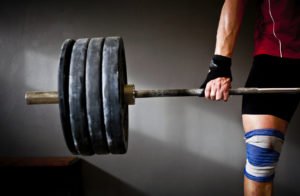Keeping tabs on competitive advantage in sport is crucial to making sure competition is fair, writes AUT’s Professor Mark Orams in the New Zealand Herald.
 An excerpt (read in full):
An excerpt (read in full):
These issues evoke anger at the injustice involved, but is this response justified? In its essence, sport is a contrived human activity involving the invention of games or activities that allow us to compete to find out who is the fastest, strongest, or most skilled. Some characteristics people are born with predispose them to having greater abilities in particular tasks than others. With practice, training, nutrition and time, people can become more expert at an activity, to the point that they can out-compete another.
Where things become murky is where people possessing similar physiological characteristics have naturally different levels of attributes that enhance human performance in certain activities.
For example, the natural level of the hormone testosterone, the presence of fast-twitch muscle fibres, or the level of red blood cells can vary significantly from person to person.
This issue of competitive advantage becomes even more opaque with the now common practice of using training techniques that sport science has revealed enhance athletic performance. It is common for endurance athletes to train at high altitudes for example, or in human-made structures containing lower levels of oxygen in the air, which stimulates the body to produce more red-blood cells, enhancing energy and endurance.
There is no doubt that our rising use of sports science and increased understanding of human physiology and biochemistry has led to significant improvements in human performance. So how do we decide what is acceptable and what is not?